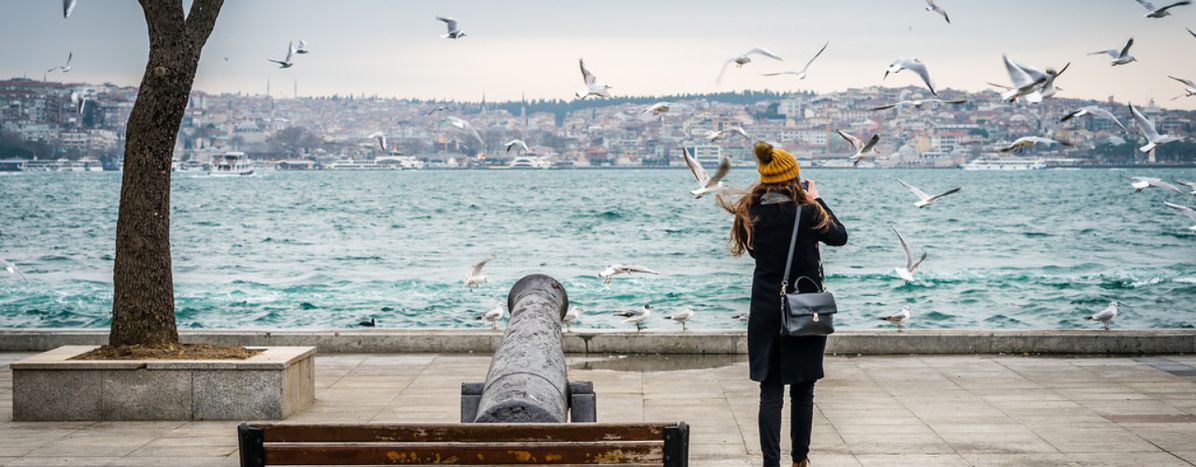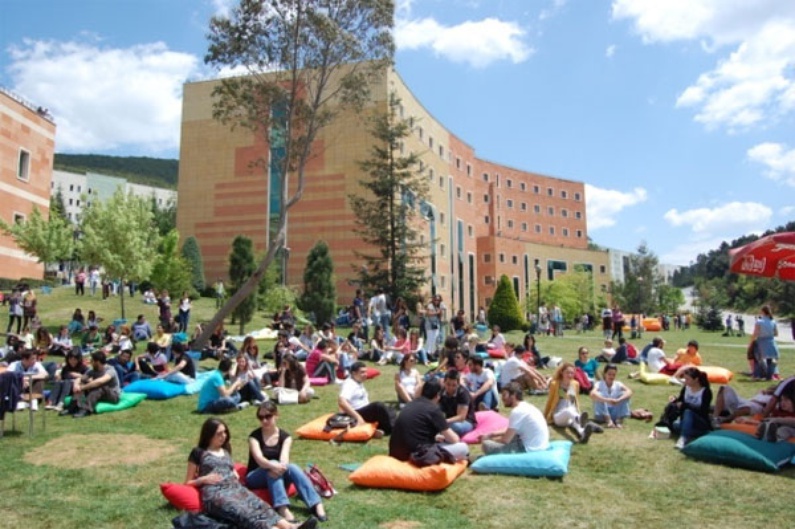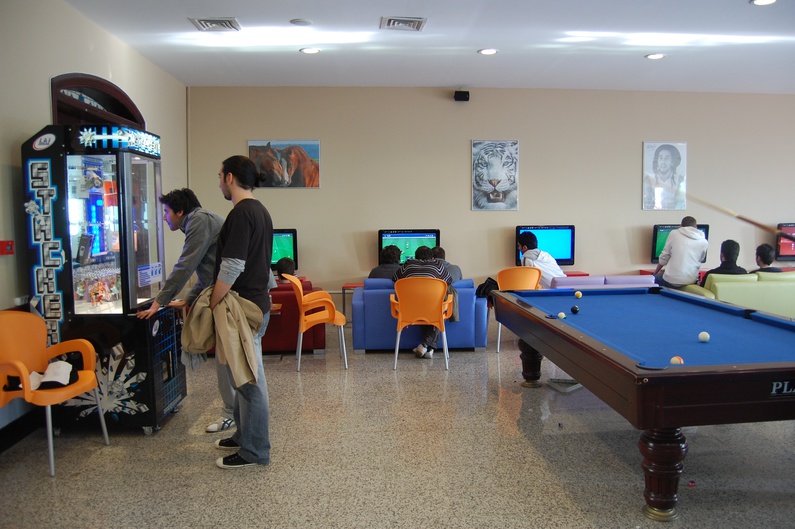
An Erasmus student's guide to Turkish universities - Part 1
Published on
Translation by:
Annie RutherfordIstanbul is in. Just look at the rising numbers of Erasmus students at the 30 or so universities there. While just a few years ago only a few universities in Istanbul had a bilateral contract with other European institutions, there are now hardly any colleges left in the Turkish captial which do not open their doors to students eager to study abroad...
I first considered studying abroad in Istanbul two years ago. I was assured by my university that I would get a place without a problem, as absolutely no-one wanted to come to Turkey. Fear of terrorist attacks, the Kurdish conflict and the geographical proximity of Iraq were often mentioned as reasons. But a year later when I applied for one of the three Erasmus places at my faculty, 11 other students had already had the same idea.
According to a study by the Deutsche Akademische Austauschdienst (DAAD, or the German academic exchange service), Germany takes the lead ahead of France and Spain when it comes to promoting study abroad. My exchange university in Istanbul welcomed its first Erasmus students in the winter semester of 2004. Three years later, when I came to study for an extra two semesters, there were 94.
The complex bureaucracy which I had to dealwith at the university in Istanbul certainly wasn't insignificant, but was petty compared with the hurdles faced by Turkish pupils who want to study at a university in Istanbul. That is only possible when they have one of the best marks in the entrance exams which have to be completed after finishing high school. If they belong to the top few they are allowed to go to the elite universities in Ankara and Istanbul; the rest get divided between second- and third-rate universities throughout the country.
Letting your hair down, Turkish style
The Turkish college system is split into private and state universities. These mainly differ by the purses of their students, or rather those of their parents. While studying at a state college is still free, you have to pay for private ones – and fees are substantial. At Yeditepe University, where I have been studying for two semesters, the cost is around $15, 000 US per year for students who are not enrolled in Erasmus or a similar programme.
The result: the students thronging on the showy marble and glass campus carry Gucci bags and wear Prada shoes, and are lathered in so much make-up that they look more like dolls than people. Should their elaborate hairdos slip just slightly, they can use straighteners in the ladies' toilets for a fee of 25 cents. When it comes to vanity and showing off, the male students aren't far beind; often clad in massive sunglasses and Adidas tracksuits.
 In a seminar, one of my Turkish professors told us that, according to her hairdresser, there is now a shade of blonde named for the university because of its popularity among students. Appearance and demeanour have precedence; most people study simply in order to get a respectable degree under their belt. One Erasmus student in the department of economics was kindly told by his professor when she returned a piece of homework that he had invested too much work in his essay. It would have perfectly satisfied her if he had handed in some Googled information using the tried and tested copy-paste method.
In a seminar, one of my Turkish professors told us that, according to her hairdresser, there is now a shade of blonde named for the university because of its popularity among students. Appearance and demeanour have precedence; most people study simply in order to get a respectable degree under their belt. One Erasmus student in the department of economics was kindly told by his professor when she returned a piece of homework that he had invested too much work in his essay. It would have perfectly satisfied her if he had handed in some Googled information using the tried and tested copy-paste method.
The thought that her students will, at some point in the future, occupy top-class economic positions makes me queasy. It's not helped by the fact that a substantial number of arms were recently found in the office for the founder and rector of the university, a former mayor of Istanbul known for his rigorous nationalism. Since this incident the director left Turkey for the west, and will not come back until the matter is sorted.
But the universities of Istanbul are as cosmopolitan as the people who live in the town. Take Boğazıcı University: one of the best but also one of the most political colleges in the near east. With its beautiful green campus, it's highlu recommended to every potential Erasmus student who wants to come to Istanbul. Another example is my institute where at least a few teachers encourage students to think critically. Even if this does not always work and disenchantment with politics and plagiarism appear to be extremely prevalant diseases, it is recognised and valued in principle. This has led to the fact that I have probably written, read and learnt more in my two semesters here than in three years of studying in Germany. I already have the assured status of a swot amongst my fellow students as a result.
Living in another culture does not just mean getting to know 'other' people but above all experiencing and discovering oneself in a new way. This is above all due to one fundamental fact: all of a sudden you yourself are the 'other' - the stranger before the door...
[Read Part 2 of Harika's account of student life in Istanbul here.]
Translated from Erasmus auf dem Catwalk Campus Istanbul



